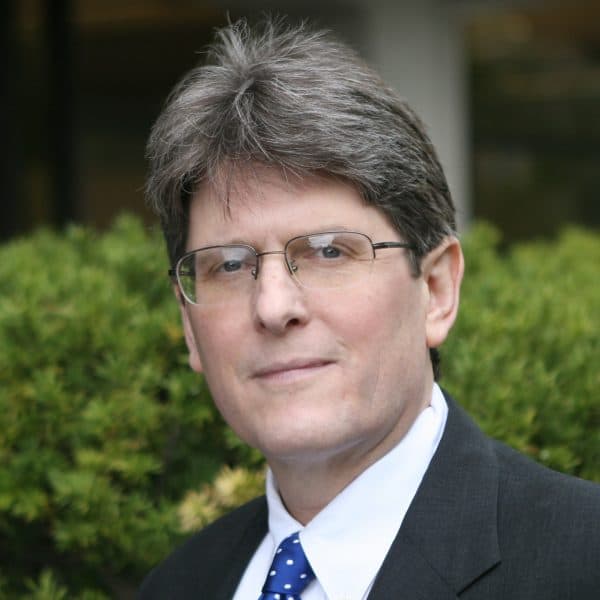Advertisement
Pausing This Holiday Season To Savor The Gift Of Life

COMMENTARY
The last 12 months have tried all Americans, from those who vented their rage in the election to those who now are struggling with anger and fear, disappointment and outright despair. The months ahead may be worse and may require from us unprecedented acts of engagement and courage to protect our values and our republic.
These few weeks, however, are not a time for battle. During this holiday respite we need to slow down, to reflect and to plumb our spiritual traditions for the strength, wisdom and inner calm we will need as we search as a nation for a new and common path.
In particular, those who celebrate the seasons of Hanukkah and Christmas — which this year begin on the same day, Dec 24 — should take a fresh look at the stories we commemorate. They both tell of the unexpected arrival of hope into excruciatingly difficult times.
[Christmas and Hanukkah] both tell of the unexpected arrival of hope into the excruciatingly difficult times.
The story of Hanukkah is one of restoration after defeat. After the long occupation of the temple by the armies of Antiochus, the Syrian king who had had thrown out the symbols and ceremonies of ancient Judaism, the rebel Judas Maccabeus and his followers had taken it back in 168 BCE and restored their sacred practices. To celebrate, he and his followers lit a lamp with a very small amount of oil that miraculously burned for eight days. The eight-day festival of lights that commemorates this event is a festival that celebrates how ideas and commitments that had once been crushed can be brought back to life.
Similarly, at the time of Jesus, the known world lay under the remorseless grip of Roman military power. Conquered regions that were willing to submit to Roman laws, obey Roman commanders and pay Roman taxes were rewarded with limited freedom to practice their particular religions. Resistance was swiftly and brutally punished. With the collapse of the Roman Republic only a few years before, the domination of the emperors seemed likely to endure forever.
Into this apparently hopeless situation came the prophet, Jesus of Nazareth, who spoke of an entirely different kind of world. Instead of a society built on human power, which sought vengeance for transgressions, which dominated through displays of wealth and force, which embraced war as a cornerstone of policy, he spoke of forgiveness, reconciliation, inclusion and peace.
In the larger political world, we are now entering a deeply disturbing period in which our soon-to-be-president embraces many of the values of the Roman empire — wealth, exclusion, condemnation, and raw authority. In a nation like America, whose citizens have struggled from the beginning to determine whether we wanted to be a republic that lived by higher values or an empire that used its might to pursue its own interests, this turn of events is deeply troubling.
But in these next short weeks, as we gather with families and friends, we should set our worries aside for a few moments. We must exit the noise and rest. We must look for the quiet moments of grace and generosity that still surround us. We should reground ourselves by reflecting not on what scares us but what inspires us. The lamp that burned for eight days was a sign of hope that the empire that had caused so much destruction would not endure. And the appearance of Jesus in a tiny backwater part of the empire did not mark the permanence of Rome, but its eventual collapse.
...we should pause, give thanks, pull our loved ones closer, and seek a few private moments when we step outside of our anger, grief or fear, and instead spin silently in elation at the gift of life.
Can we find today’s calm before tomorrow’s storm?
Many remarkable leaders have known how to do this. Desmond Tutu spent several years in England as a doctoral student and parish priest and served a small congregation. Though Tutu spoke constantly about the brutality of apartheid and knew that he would soon be returning to challenge that injustice to its face, he never lost his capacity for compassion, light-heartedness and joy. One friend remembers looking out the window one night after a late Christmas Eve service and catching sight of Tutu staring up at the majestic array of glittering galaxies above him. And then slowly, he started swirling and dancing by himself, elated by the simple glory of being alive.
In the months ahead, we will face many noisy arguments that will be required to bring justice to the world and to protect the planet from the damage we are endlessly inflicting. But in this week, we should pause, give thanks, pull our loved ones closer, and seek a few private moments when we step outside of our anger, grief or fear, and instead spin silently in elation at the gift of life.
